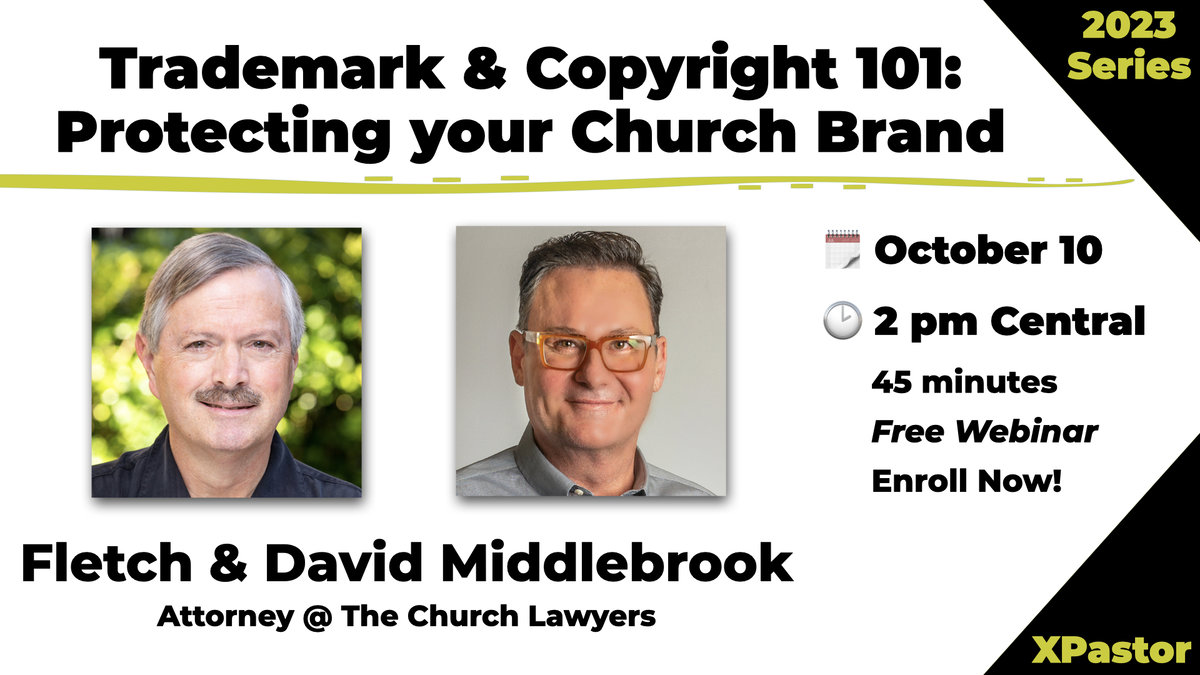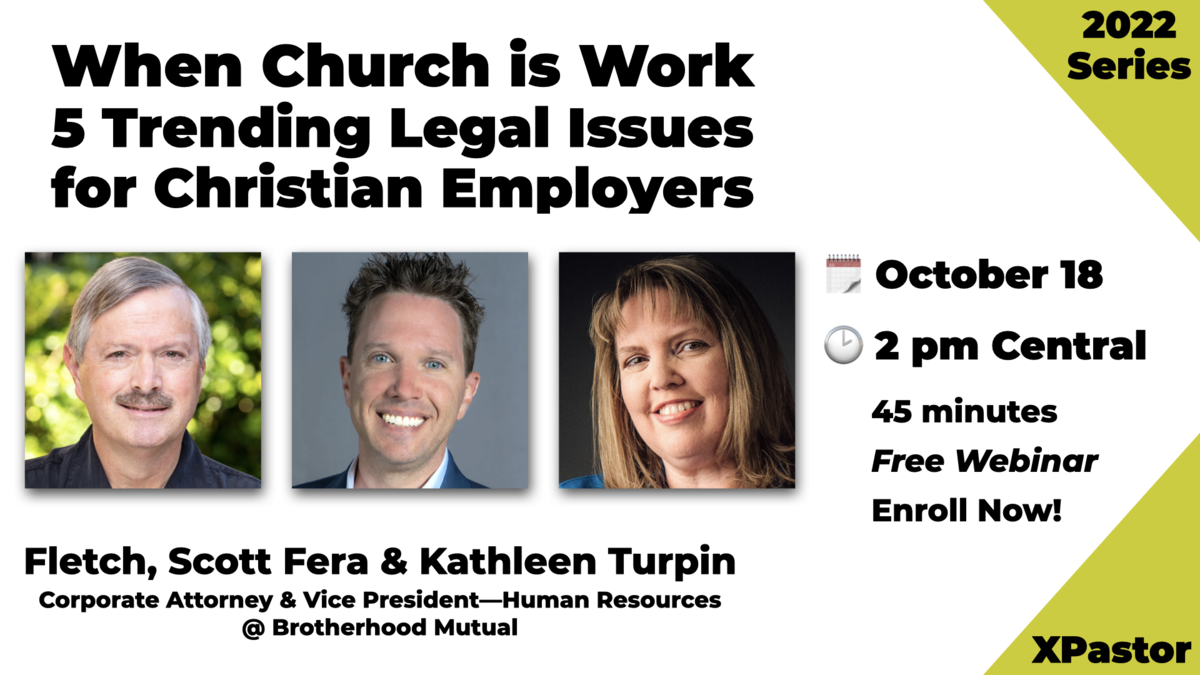Tuesday, July 31, 2018
Hey Fletch … I have a question about rising medical costs for employers. There are several Christian-based health cost-sharing ministries, such as MediShare, Christian Healthcare Ministries, and Samaritan Ministries. On the surface they do not qualify as a group plan to meet the requirements of the ACA for employers with 50+ employees. At least one is communicating that they do in a certain environment. What are your thoughts on this?
PS Our HR Manager says Hi!
DRF—Please convey greetings back to your HR Manager, a fantastic and great asset to your staff.
That’s a fascinating question. Do I remember that you are with Blue Cross/Blue Shield or was it something through a local hospital?
Many Christians are using health sharing ministries. There can be significant savings. This type or organization has been around for thirty-plus years and has found a louder voice in the marketplace in the last five to ten years.
I found that Christian Healthcare Ministries does have a group plan. It could work for a church but as they say, “probably not a for-profit business.” Their page said:
Group Health Plans
Christian Healthcare Ministries (CHM) has hundreds of participating groups—all of which are Christian organizations with an all-Christian staff. Furthermore, all group members meet other CHM membership requirements.
Advantages of CHM group membership
- Significant savings on healthcare costs (some groups save as much as 50 percent compared to their previous health care plan)
- Employee out-of-pocket expenses are often significantly less
- Single-bill option for the group
- More advantages
CHM’s solutions will help you create a plan that affordably satisfies ACA requirements. However, your group plan must be set up properly or you can be heavily fined. Therefore, all groups should seek guidance from attorneys and CPAs knowledgeable about the law’s requirements. CHM can provide referrals to reliable, independent professionals.
It’s important to understand that because of the specific requirements of the Affordable Care Act (ACA), it’s often not practical for for-profit organizations to pursue an ACA-qualified group plan with CHM.
Here are some thoughts on the pros and cons:
Christian Healthcare Ministries has a strong balance sheet. For the last several years, they have been rapidly growing. If you ask, they will send you their audited statement. It would be best if they were a part of the Evangelical Council for Financial Accountability.
The church could have sizable savings to your health care costs. You could bankroll the difference and save it for unusual health care expenses by your church staff, if not covered by CHS.
There is a risk. As they say: “However, it’s important you understand that your healthcare will be handled by you, the patient. This means that health care providers should bill you directly, after which you can submit your bills to CHM.”
CHM and others are not insurance carriers. “Christian Healthcare Ministries is not a health insurance company. Rather, we are a group of thousands of Christians across the United States and around the world who share each other’s burdens in the area of health care costs. We also pray for and encourage one another.”
Let me know if you interview them. I’d love to know what they are offering a church of your size.
Response—We called CHM and apparently they have “group plans” for ministries with under 50 employees but do not for ministries with 50 or more employees. After an online deep dive into this, we discovered that in order for us to use CHM, we would need to hire an attorney and CPA to write a formal “self-insured” health plan that meets ACA legal requirements and then contract CHM to manage it. Each time anything changes in healthcare law, we would need to hire an attorney to pour through our plan document to ensure we are compliant and make changes, if necessary. This sounds too convoluted for my conservative comfort. I don’t want to become a plan owner.











